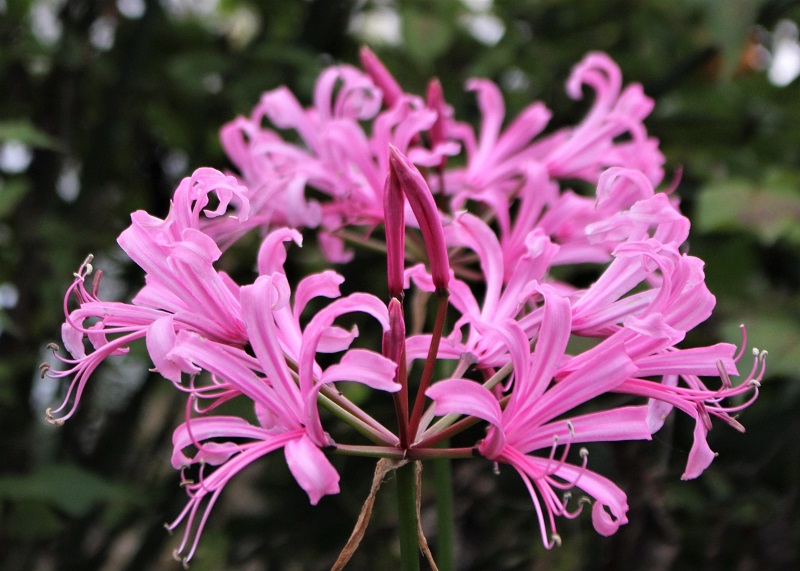NOVEMBER
Leaves are still falling – keep collecting them from lawns, flower beds, paths and patios to make valuable leaf mould (see September); however, leaving a small pile in the odd corner can provide a haven for wildlife.
In general, avoid your end of season clear-up making the garden too tidy – leaving spent perennials standing can add structure to the garden over winter whilst providing food and shelter to birds and other wildlife.
There is much more on this topic below – go to Wildlife
Click on any picture or text link for more info
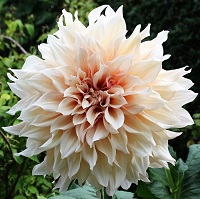 Lift and store dahlias, cannas and tuberous bedding begonias as soon as they are hit by the first frosts.
Alternatively, you can risk leaving the tubers in the ground as long as you protect them with a thick layer of mulch.
Lift and store dahlias, cannas and tuberous bedding begonias as soon as they are hit by the first frosts.
Alternatively, you can risk leaving the tubers in the ground as long as you protect them with a thick layer of mulch.
Mulching can also protect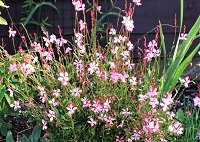 borderline-hardy plants, such as Agapanthus, Gaura, Kniphofia & Phygelius.
borderline-hardy plants, such as Agapanthus, Gaura, Kniphofia & Phygelius.
It can even help overwinter some plants we normally treat as annuals, such as Nicotiana & Antirrhinum.
Don’t cut penstemons right down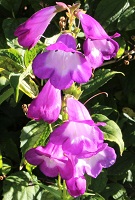 until April; for now just dead-head them – if it’s mild they can carry on flowering well into early winter.
until April; for now just dead-head them – if it’s mild they can carry on flowering well into early winter.
The old stems will help protect the crowns from the cold – also give them a good layer of mulch.
November is the time to plant tulip bulbs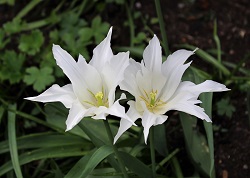 – it is important to make sure you put them in deep enough.
– it is important to make sure you put them in deep enough.
Some tulips will come back year after year, but some perform less well after the first year and are best replaced.
Lily bulbs can be planted in pots.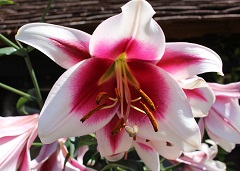
They can either be brought inside next spring to ‘force’ them into an early display, or left outside to flower naturally in the summer.
If hard frosts are forecast, containers left outside can be lagged with bubble-wrap to protect both the pot and the roots inside, even when the plant itself is hardy.
Always make sure that pots are raised on feet so excess moisture can drain away.
Many plants, such as alpines, that shrug off low temperatures cannot cope with being too wet as well as cold.
A good time to plant bare-rooted plants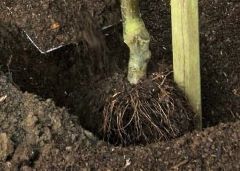
which are generally cheaper and offer a wider choice of varieties.
They are available for hedging, roses and trees & shrubs, including fruit trees & soft fruit.
Plant garlic 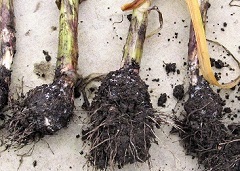 and overwintering varieties of onion & shallots, but crop rotation is particularly important to reduce the risk of disease.
and overwintering varieties of onion & shallots, but crop rotation is particularly important to reduce the risk of disease.
Avoid planting where you have had onion white rot in any of the Allium family (garlic, onions, shallots, leek), as it can persist in the soil for many years.
If needed, you can plant them in containers.
Stake tall standing brassica plants, such as Brussels sprouts and sprouting broccoli, to avoid them being damaged by wind-rock.
Protect them from pigeons with netting and remove any yellowing leaves to stop diseases developing.
Also, check whether any of the items from October still need attention.
Wildlife in the garden

Leave seedheads standing
For wildlife cover, bird food & winter structure.

Help Frogs & Toads Overwinter
You don’t need a pond, just a few minutes work.
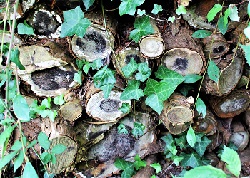
Use Old Wood to Benefit Wildlife
A feature in an odd corner that will welcome a variety of life.
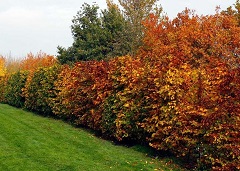
What’s in a Hedge?
Hedgerows support a wide range of various wildlife. Delve in to discover more.
Click any day below for a more detailed weather forecast, which also looks further ahead

